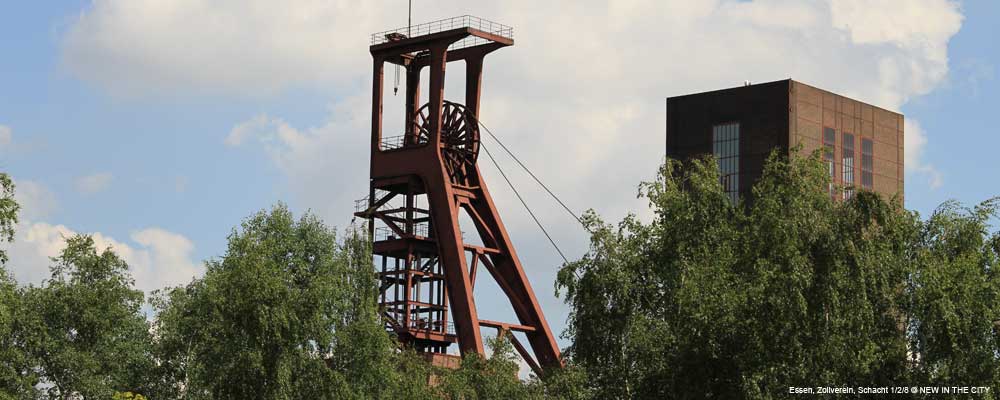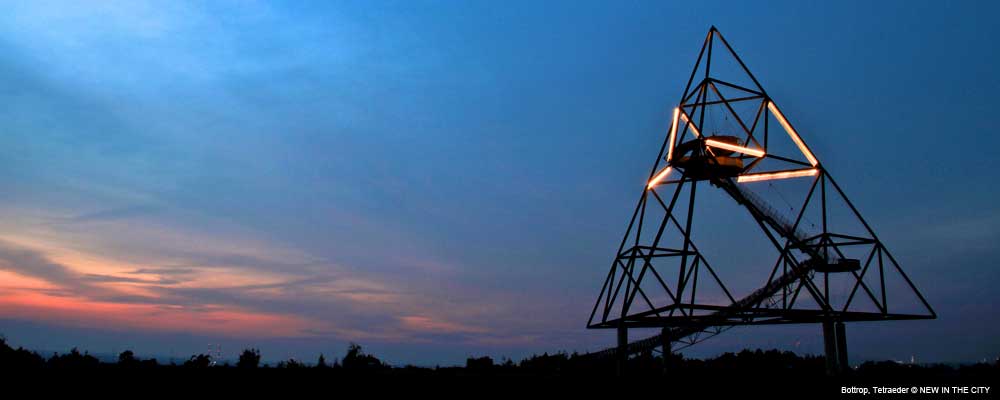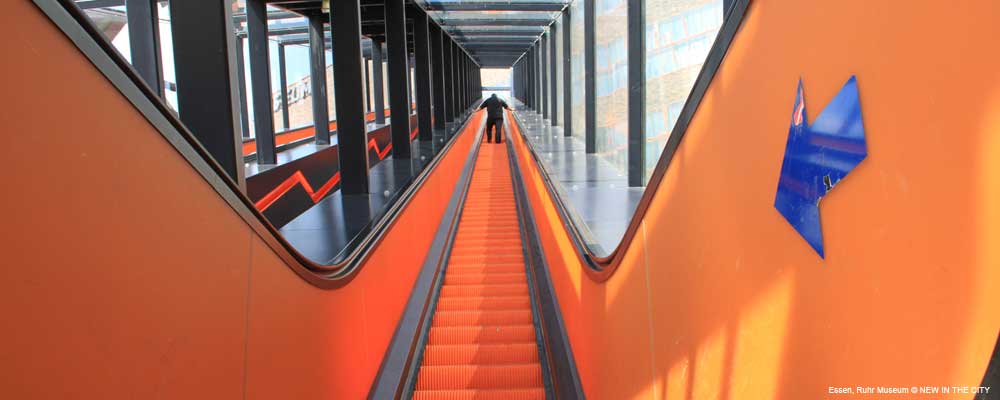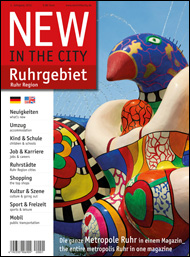When grown men cry like little children, it can mean only one thing: King Soccer.
After coming out of England in the second half of the 19th century, the sport began a triumphal march around the globe.
In the Ruhr Region’s working class environs, there were soon as many clubs sprouting up as there were mines.
The sport began as the pastime of the working class.
Cult soccer player Ernst Kuzorra slaved away at the Consolidation mine until the mid-1920s.
He was one of the true greats in the legendary Schalke run and was partly responsible for FC Schalke 04’s six championships between 1934 and 1942.
And in the “Miracle of Bern,” Helmut Rahn, known as “The Boss,” who came from a miner family, propelled himself to immortality and Germany to a World Cup win in 1954 with two goals in the final.
Over time, the clubs became the region’s figureheads and well-springs of its identity.
Many teams fielded players who had recently put in shifts with their buddies in the mines.
In 1963, its founding year, the National League had three teams from the Ruhr: Schalke 04, Borussia Dortmund (BVB) and Meidericher SV, better known today as MSV Duisburg.
But with its ups and downs, soccer is a lot like real life.
In 1966, BVB indeed became the first German team to win the European Cup.
But in the turbulent 1970s, a league corruption scandal and the height of the coal mine closures almost spelled the end to many Ruhr Region clubs, both on the field and in their financial offices.
A very special fan culture arose in the Ruhr at that time.
Many Ruhris had neither jobs nor prospects.
Their hopes were only fulfilled when they crowded into stadiums every Saturday.
The clubs conveyed pride in the region and the fans’ working-class backgrounds and kept it alive in the midst of widespread unemployment.
In 1997, the Ruhr Region became the center of the European soccer world when Dortmund won the Champions League and the Schalke “Eurofighters” won the UEFA cup.
The contests between the two perennial rivals in their massive soccer temples galvanized crowds year after year, and even the smaller matches between MSV Duisburg and Vfl Bochum were sold out.
The question remains: With all the commercialization today, is the sport as authentic as it was years ago? Buy a ticket for a Ruhr club’s home game, climb into the fan section, and see for yourself!






